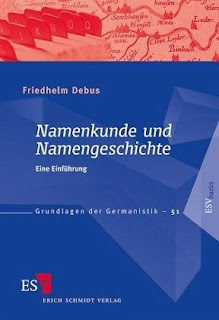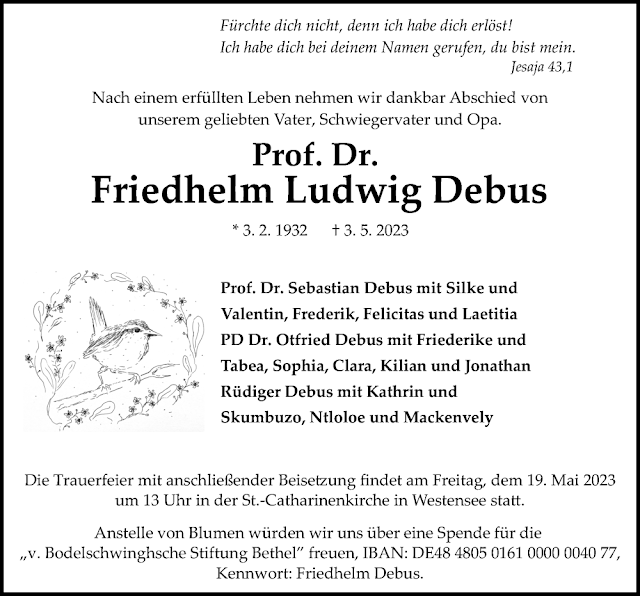lien
Journée d’échange onomastique
entre l’ADELFY et la SFO à Joigny
le 19 mai 2023
PROGRAMME
14 h 30 - Communications
- Michel TAMINE : Joigny des lettres et des sons. Prononciations locales du nom, étymologie, comparaison des deux Joigny, Ardennes / Yonne.
- Jacques LACROIX : Toponymes d’origine gauloise dans l’Yonne.
- Philippe BRUN : Les hydronymes du nord de l’Yonne.
- Stéphane GENDRON et Ange BIZET : Les gentilés de communes.
En intermèdes, un diaporama des plaques de signalisation erronées, étonnantes, amusantes. (Photos de Francis Chabanis, Pierre Dérat et Ange Bizet).
17 h - Table ronde
Les noms des communes nouvelles regroupées
- Sébastien NADIRAS : Les aspects administratifs et légaux.
- Jean-Claude MALSY : Commune nouvelle ou nouvelle France. Analyse critique du choix de certains noms.
- Ange BIZET : Toponyme et politonyme. Nécessité de distinguer le nom de la réalitégéographique et celui de l’entité abstraite, administrative et politique.
- Stéphane GENDRON : L’exemple du Maine-et-Loire.
Le public aura la possibilité de participer aux discussions.
Les élus municipaux ayant eu l’expérience de la fusion de communes pourront témoigner de leur expérience, les autres susceptibles d’être confrontés à la question pourront échanger avec leurs confrères expérimentés et avec des spécialistes.
Possibilité de vous faire dédicacer les ouvrages des spécialistes présents.
Intervenants
Ange BIZET : Administrateur de la SFO, et de DLF, président de l’ADELFY, membre du Haut-Conseil international de la langue française et de la Francophonie, membre du Collège d’experts du ministère de l’Europe et des affaires étrangères, spécialiste des dictionnaires de noms propres, spécialiste d’ethnonymie et de politonymie.
Philippe BRUN : Administrateur de la SFO, spécialiste de la toponymie de l’Aube, auteur de Voyage dans l’origine des noms de lieux et de rivières du département de l’Aube.
Stéphane GENDRON : Président de la Société française d’onomastique, spécialiste de la toponymie de la région Centre-Val de Loire. Auteur d’une vingtaine d’ouvrages, de nombreux articles de toponymie générale et régionale et de chroniques radiophoniques sur le sujet. Prix Albert-Dauzat 2020.
Jacques LACROIX : Spécialiste de la langue et de la civilisation des anciens Celtes. Il est l’auteur des Irréductibles mots gaulois dans la langue française, et de plusieurs autres ouvrages ainsi que de vidéos sur le sujet.
Jean-Claude MALSY : Administrateur de la SFO, spécialiste de la toponymie du nord de la France. Il a donné le dictionnaire toponymique de l’Aisne en trois volumes, le monumental dictionnaire du Pas-de-Calais avec ses 17 000 pages d’annexes sur CD, et celui de l’Oise en cours de publication.
Sébastien NADIRAS : Secrétaire de la Société française d’onomastique, conservateur, responsable du centre d’onomastique aux Archives nationales, auteur avec P.-H. Billy de Les noms de lieux et de personnes en France, Guide bibliographique.
Michel TAMINE : Ancien président de la Société française d’onomastique, directeur de publication de la nouvelle revue d’onomastique, auteur de nombreux articles et d’ouvrages de dialectologie et spécialiste de la toponymie de la région Champagne-Ardenne.

.jpg)




.jpg)
















